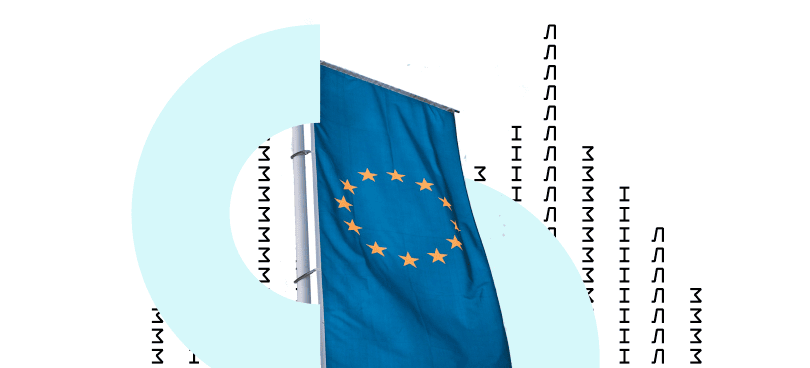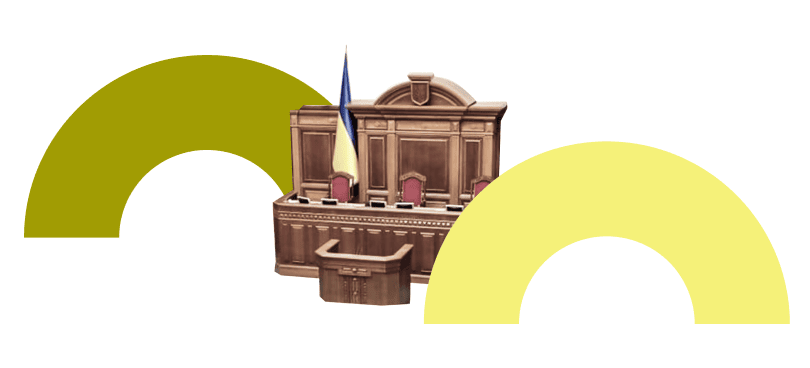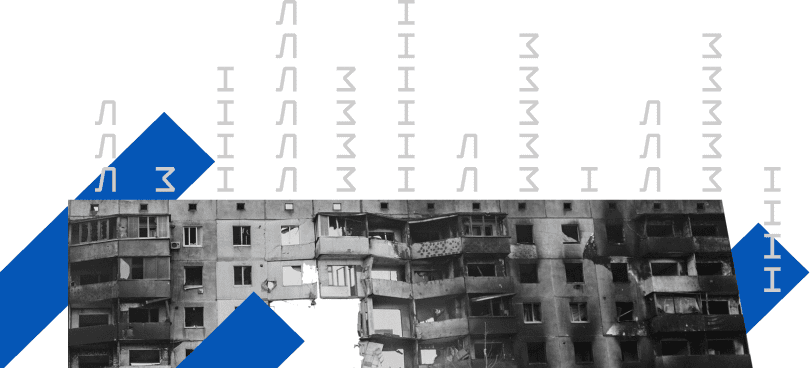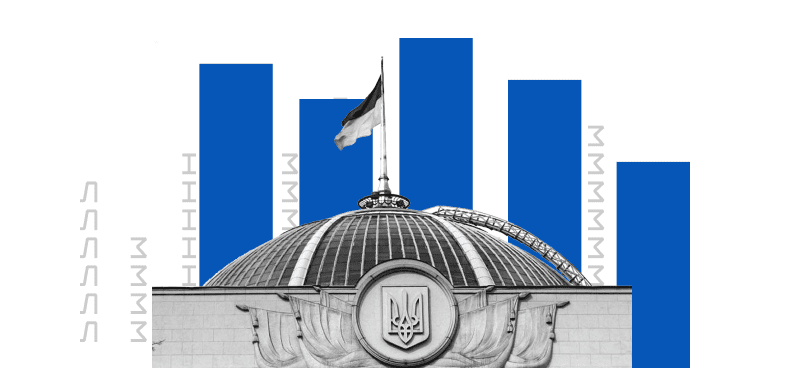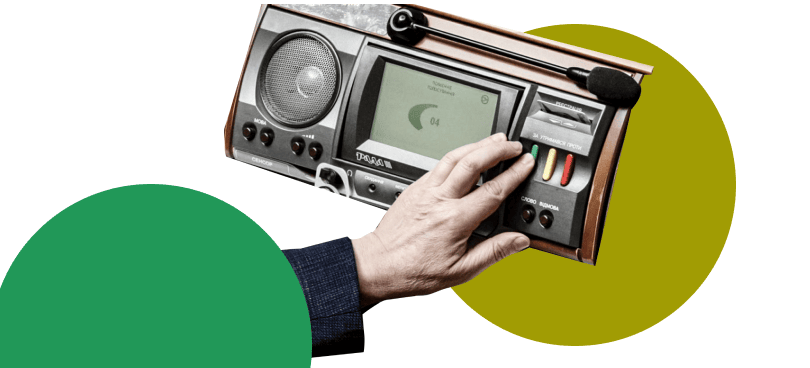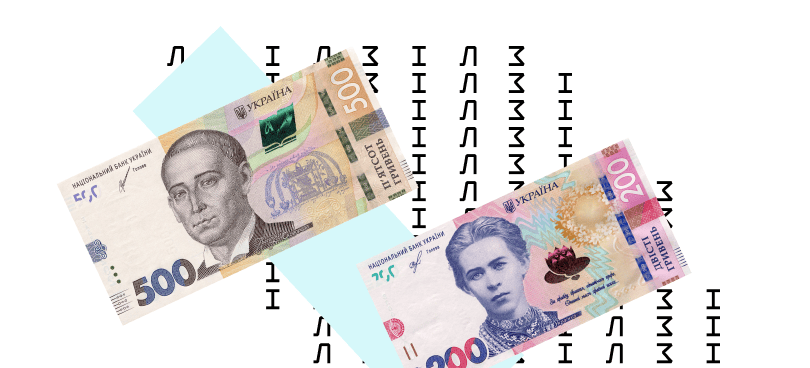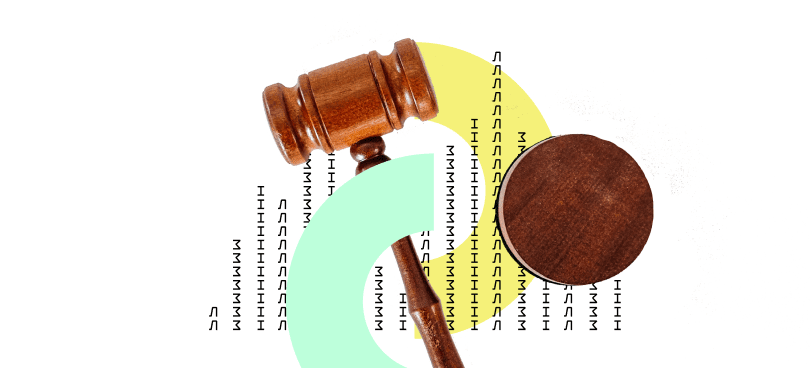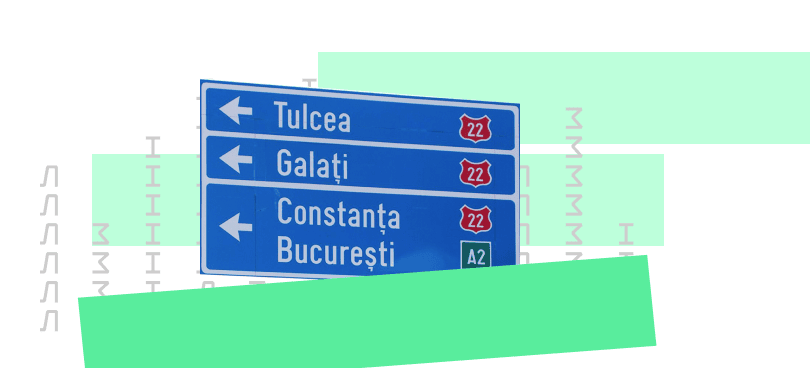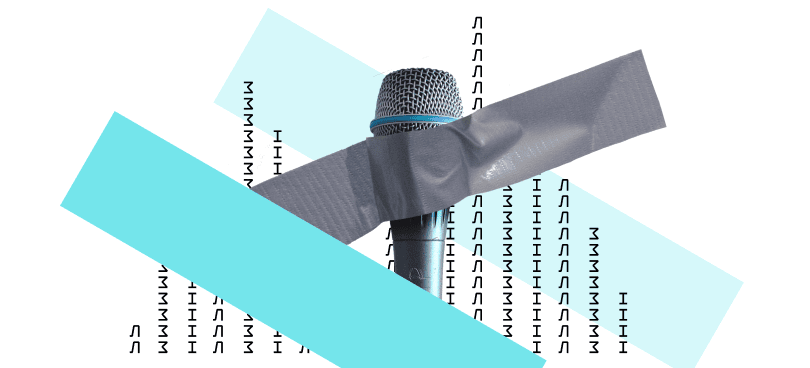Article by Agency for Legislative Initiatives for LB.ua
One year and a half have passed since MPs lost a large part of their power to control the government and communicate with society. The scandal with Turkish jackets and the ex-Minister of Defence was telling. Such news shook society and, most likely, led to Mr. Reznikov losing his post. Against the background of scandals, dissatisfaction also built up in the session hall, where MPs increasingly demanded to return the so-called “hour of questions.” Finally, on 6 October, the first session of questions in a long time was held in the Rada. Why do members of parliament need this tool, and is it effective for influencing the government?
Before the full-scale invasion, the “hour of questions” to the government was held on Friday, each plenary week. The topic was chosen in advance, so the Prime Minister and the relevant minister answered the questions. The significance of such meetings between MPs and government officials consists in several components. First, the “hour of questions to the government” is an important tool of parliamentary oversight. MPs can use it to find out the state of affairs within the government and its performance. This is especially sensitive for MPs who do not belong to the ruling coalition: they have fewer opportunities to communicate with the executive branch of the government. Certainly, the “hour of questions to the government” mostly comes down to information sharing – answers of government officials to questions asked by MPs. But after all, this is the possibility of communication between the two most important state institutions, and this means a lot.
Second, this is an important media tool that has been used by the opposition members to the fullest extent. It was due to the procedure’s publicity as before the full-scale invasion, the “hour of questions to the government” was broadcast online, and MPs were able to exert pressure on the government officials, contributing to the desired changes.
There is another crucial aspect: the government is usually formed by the coalition, so the “hour of questions” for the opposition means the continuation of the “coalition-opposition” dialogue. They say that the truth is born in debates… Well, the “hour of questions to the government” is a platform for public discussions, the opportunity for parliamentarians to give publicity to problems they consider important. An aptly asked question on a relevant topic may involve civil society in the discussion, and this tandem has a chance to achieve changes.
After 24 February 2022, the “hour of questions to the government” is being held in a completely different form. Ministers still meet with MPs: meetings with the coalition take place, as well as with faction leaders in the form of the Conciliation Board. However, it is hard to speak about the recurrence of this activity. Having reviewed the transcripts of plenary sessions for August, it may be assumed that MPs are not happy. At each session during this period, representatives of the opposition factions demanded to return the “hour of questions to the government” at least once, and sometimes, it was quite emotional.
“Perhaps it is just the time for us to return the “hour of questions to the government” if everything that is adopted in this session hall is so brazenly and stupidly regulated,” judging by these words of Solomiia Bobrovska, MP from the “Holos” opposition faction, the lack of this parliamentary oversight tool has long been the burning problem for MPs.
Thus, the full-scale invasion forced MPs to change their working mode. The “hour of questions to the government” has just disappeared from it. At that moment, it seemed quite reasonable – MPs gathered under the dome for the minimum possible period of time only to address the most pressing problems. The safety aspect of the work seemed the most important at that time – nobody wanted to be exposed to excessive danger by spending too much time discussing policy implementation. The recurrence, with which the “hour of questions to the government” was supposed to take place, stood in stark contrast with the level of looming danger.
Is this working mode still reasonable now? Opposition representatives disagree. A year ago, opposition forces were against the continuation of some restrictions related to safety. Thus, in September of last year, there were heated debates in the session hall concerning the restriction on the functioning of the Rada TV channel and live broadcasts of sessions. Even then, restrictions seemed inadequate, taking into account the existing level of threat. The same thing is happening with the “hour of questions”: scandals with jackets and then with eggs around the Ministry of Defence demonstrate how detached MPs are from what is happening in the government.
Calls for returning the “hour of questions” may be a symptom of another parliamentary sickness – decreased subjectivity of the Verkhovna Rada in general and of the opposition in particular. The existential threat to Ukrainian statehood objectively needs consolidation and, solidarity, closer coordination between the legislative and executive branches of the government. And since the majority and opposition factions and groups consolidated in the parliament, criticism of the government’s actions from different parliamentary forces became less evident. Such a state of affairs is normal for a country at war. But, at the same time, the role of such democratic structures as the parliament is reduced. Taking into account the long history of the Ukrainian struggle for democracy and freedom, this situation creates a piercing dissonance – legally elected MPs have limited influence on the development of state policies and the composition of the government.
The ice broke on 6 October: the Verkhovna Rada held the first “hour of questions to the government” over a long period. In spite of the quite specific topic during the question session – energy security and readiness for the heating season – MPs did not hesitate to ask questions on a wide range of topics, including payments to military servicepersons and restrictions on foreign travel for MPs.
Unfortunately, the success did not repeat: on the following plenary week, the “hour of questions to the government” did not take place. However, isolated meetings will not resolve the problem – only systematic events will help build high-quality communication between branches of the government and enhance the role of the parliament, which is critical now.


